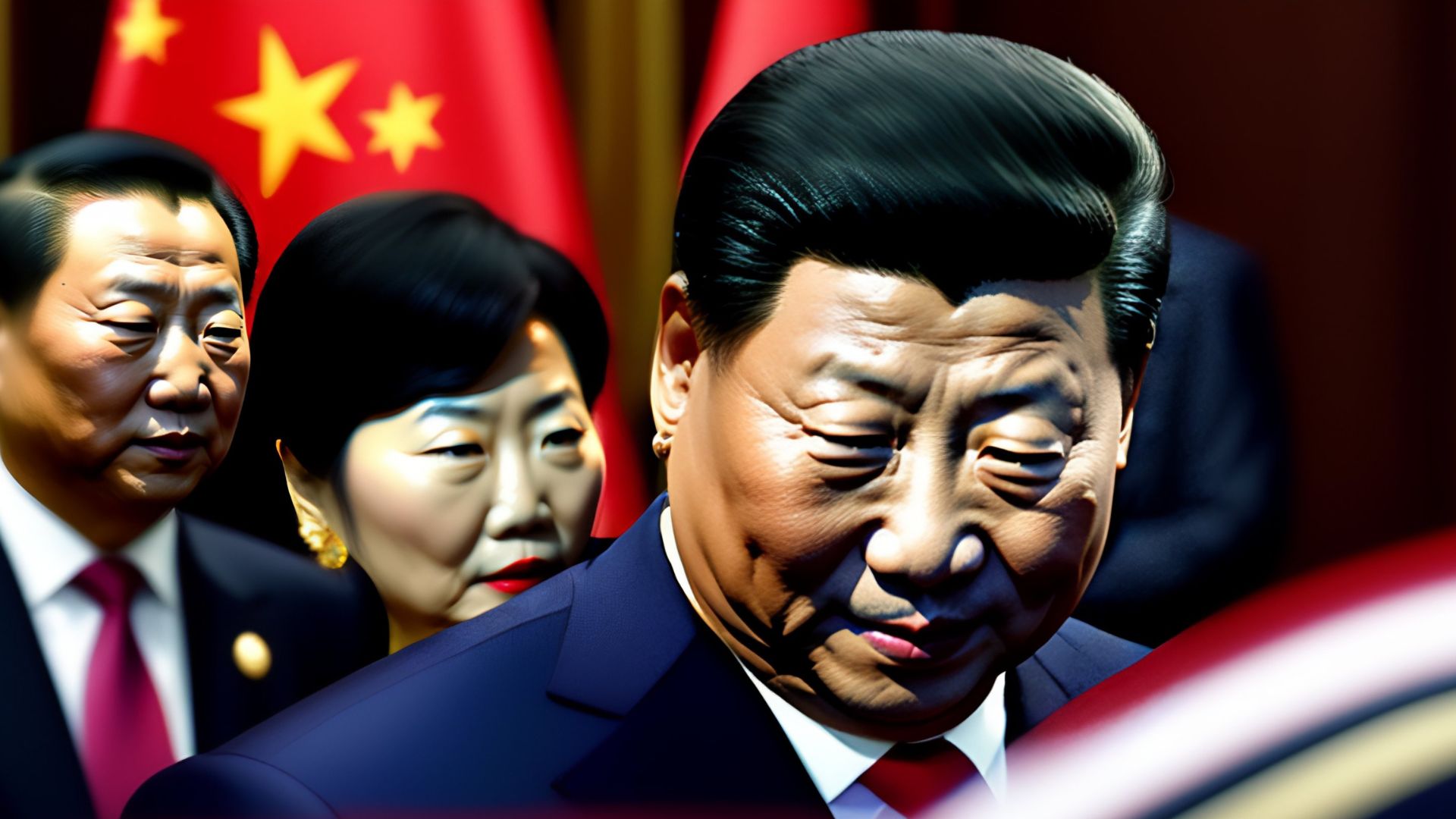The Chinese government is manipulating the market.
Recent reports that the Chinese government is manipulating the market have caused a crisis of confidence in the Chinese bond market. With trillions of dollars in debt hanging over an economy that is already under stress from a number of sources, the debt load in China is reportedly unsustainable. This has resulted in inconsistent rules and a scenario that has gotten worse as a result of recent Beijing-related initiatives.
By prohibiting the exchange of bond data, China has disturbed the $21 trillion Chinese bond market. Companies and governments can raise capital by issuing bonds, which are effectively loans. Investors were alarmed when China abruptly ceased providing live data about the value of its bonds. Assume you make your living by buying and selling financial assets. You rely on data for this, and then all of a sudden, your screen is blank. You can’t see the asset’s price, so how can you buy or sell it if you can’t verify the price?
You rely on data for this, and then all of a sudden, your screen is blank. You can’t see the asset’s price, so how can you buy or sell it if you can’t verify the price? Chinese merchants experienced just this this past week. When they turned on their work computers, they were unable to check the bond prices. In their desperation, many of them went to internet chat rooms and apps like WeChat to trade prices and make deals after being met with blank displays.
Read More: McDonald Dominating the Chinese
Why this occurred is still a mystery. Was there a disruption or was a suspension mandated? Although China has not yet provided an explanation, reports claim that Chinese regulators issued the orders. Pricing aggregators, which are the source of this information on bond prices, reportedly instructed some of them to stop providing data fields. According to one assertion, three out of six aggregators were instructed to stop providing data, however we are unsure if this constituted a general ban.
The data feeds were restored after the commotion, but the entire incident turned out to be a self-destructive act. Investors were left in the dark about the value of their investments as a result of the market disruption. But why would China act in this manner given that debt is one of their preferred tools? Beijing’s desire for increased market control is one theory. It is implementing significant changes in the financial and technological sectors, replacing its banking regulator and establishing a new body to regulate the financial industry. Additionally, it is strengthening regulations on all forms of data.
What motivates these choices? Beijing’s explanation is as follows: “The new administration will tighten institutional monitoring, supervision of behaviors, and supervision of functions.” In this statement, the term “supervision” is used three times, and it refers to control. Xi Jinping has reorganized his senior team as part of these changes that are being guided from the top. He will have more control over the state as a result, and more control sometimes means more dissimulation.
Read More: McDonald Dominating the Chinese
There is a severe debt crisis in China. Local governments owe more than $9 trillion in debt, which they have accumulated in a huge pile. Local governments are unable to repay these loans because of the mounting debt and interest on it. They are applying additional pressure to the banks in order to get loan extensions and lower interest rates. Over 790 billion dollars’ worth of loans are due just this year. Although no local government has yet failed, some have had their loans extended, and others may do the same if they are unable to raise the funds.
But how did they get so far in debt? This is related to China’s quest for infrastructure. Local governments took on significant debt during the boom, but now that the Chinese economy is sputtering, these governments are feeling the strain. Even the new premier of China acknowledges that efforts to restart the economy would not be simple. After considering all relevant elements, China’s economic growth objective of roughly 5% has been determined.





